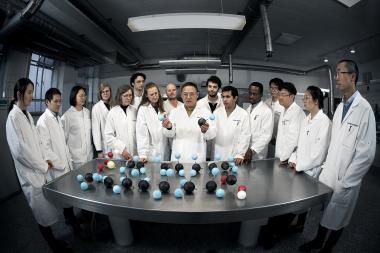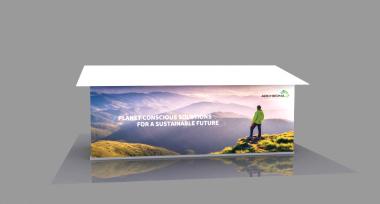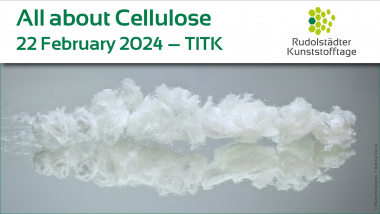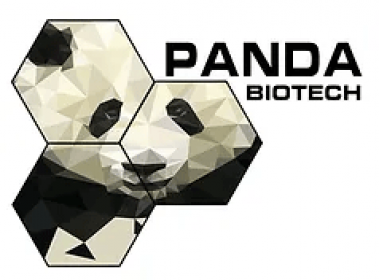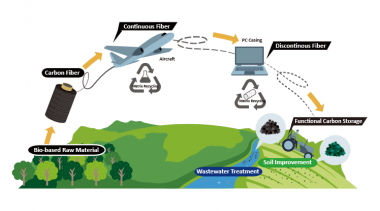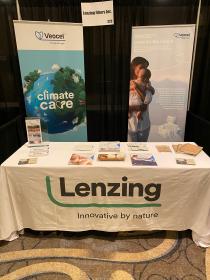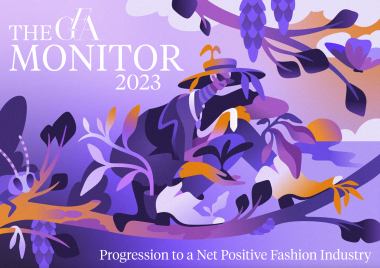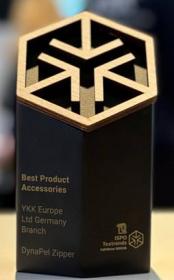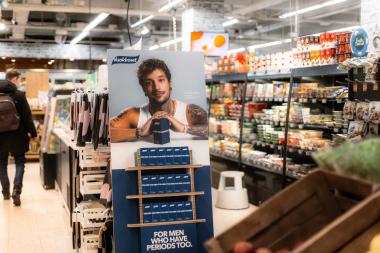Artificial intelligence to help remove PFAS
A new research project links some of Denmark's leading researchers in PFAS remediation with artificial intelligence. The goal is to develop and optimise a new form of wastewater and drinking water treatment technology using artificial intelligence for zero-pollution goals.
In a new research and development project, researchers from Aarhus University aim to develop a new technology that can collect and break down perpetual chemicals (PFAS) in one step in a purification process that can be connected directly to drinking water wells and treatment plants.
The project has received funding from the Villum Foundation of DKK 3 million, and it will combine newly developed treatment technology from some of Denmark's leading PFAS remediation researchers with artificial intelligence that can ensure optimal remediation.
"In the project, we will design, construct and test a new, automated degradation technology for continuous PFAS degradation. We’re also going to set up an open database to identify significant and limiting factors for degradation reactions with PFAS molecules in the reactor," says Associate Professor Xuping Zhang from the Department of Mechanical and Production Engineering at Aarhus University, who is co-heading the project in collaboration with Associate Professor Zongsu Wei from the Department of Biological and Chemical Engineering.
Ever since the 1940s, PFAS (per- and polyfluoroalkyl substances) have been used in a myriad of products, ranging from raincoats and building materials to furniture, fire extinguishers, solar panels, saucepans, packaging and paints.
However, PFAS have proven to have a number of harmful effects on humans and the environment, and unfortunately the substances are very difficult to break down in nature. As a result, the substances continuously accumulate in humans, animals, and elsewhere in nature.
In Denmark, PFAS have been found in drinking water wells, in surface foam on the sea, in the soil at sites for fire-fighting drills, and in many places elsewhere, for example in organic eggs. It is not possible to remove PFAS from everything, but work is underway to remove PFAS from the groundwater in drinking water wells that have been contaminated with the substances.
Currently, the most common method to filter drinking water for PFAS is via an active carbon filter, an ion-exchange filter, or by using a specially designed membrane. All of these possibilities filter PFAS from the water, but they do not destroy the PFAS. The filters are therefore all temporary, as they have to be sent for incineration to destroy the accumulated PFAS, or they end in landfills.
The project is called 'Machine Learning to Enhance PFAS Degradation in Flow Reactor', and it aims to design and develop an optimal and permanent solution for drinking water wells and treatment plants in Denmark that constantly captures and breaks down PFAS, while also monitoring itself.
"We need to be creative and think outside the box. I see many advantages in linking artificial intelligence with several different water treatment technologies, but integrating intelligence-based optimisation is no easy task. It requires strong synergy between machine learning and chemical engineering, but the perspectives are huge," says Associate Professor Zongsu Wei from the Department of Biological and Chemical Engineering at Aarhus University.
Aarhus University
Department of Biological and Chemical Engineering
Department of Mechanical and Production Engineering


